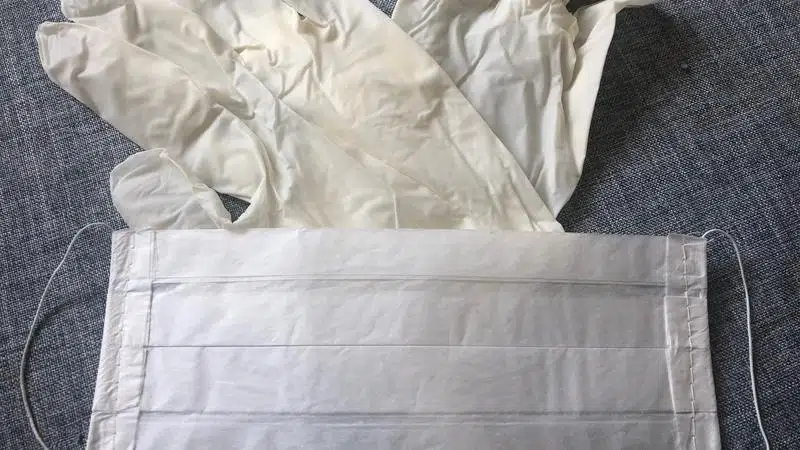
How to try to avoid cross contamination – advice from RUH’s head of clinical microbiology
What COVID-19 has taught everybody is that the virus is invisible – you can’t see it – but it can be present in an individual or on a surface, and your hands can be the vector which transmits it, and other viruses.
That, from Dr. Joseph Blondeau, the head of clinical microbiology at Saskatoon’s Royal University Hospital. He’s also the provincial lead for microbiology with the Saskatchewan Health Authority.
So how does cross-contamination happen? Blondeau describes what it is, and how it can transmit COVID-19.
“If somebody’s infected with the virus and the particles that come out of your mouth, can be carrying the virus. So, if you sneeze and if you cough, you’re actually ejecting these particles towards whatever surface you happen to be sneezing or coughing towards.”


